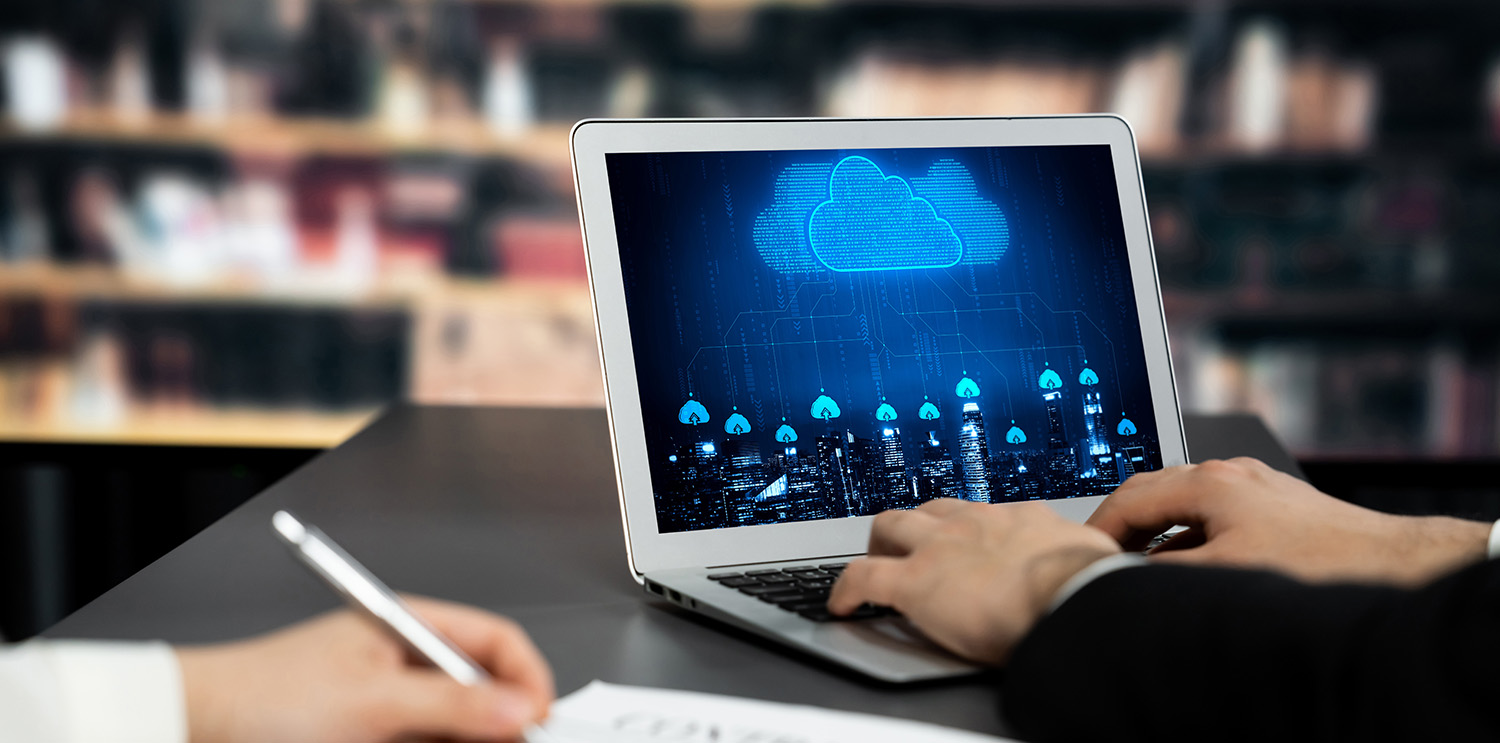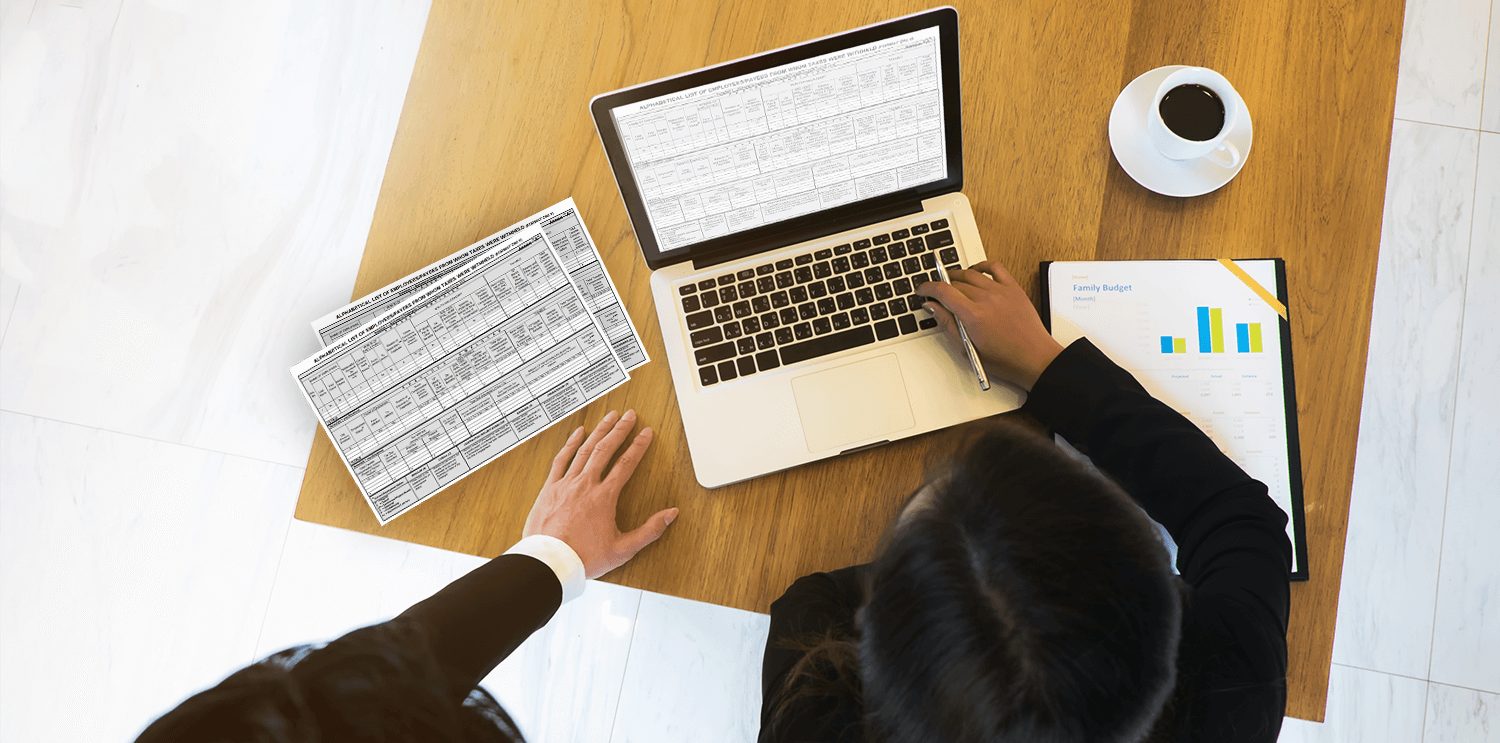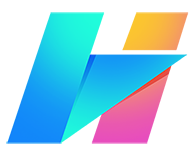By: Jayvee R
2023/12/05
The fact is, many business owners know only a little about accounting.
That’s why having an accounting professional do the basics for them and their business is absolutely a tremendous help!
But what about those other meticulous and time-consuming tasks like the day-to-day cash flow, bills payment, invoicing, data entries, organizing financial statements, reports, tax filing and other accounting processes?
From basic invoicing to complex tax reporting, accounting comes with all sorts of twists and turns that are impossible to do without an appropriate system and without automation.
Well, accounting software comes in handy when you are truly serious about making a total turnaround from traditional accounting where you are at the mercy of your accountant to figure out those numbers.
How does accounting software work exactly?
Accounting software can not only optimize and streamline multiple processes of your business in a variety of ways but it can also change the landscape of your organization making it more driven and competitive .
There are two types of accounting software: cloud accounting and desktop accounting software.
While desktop software is self-explanatory relying mainly on the desktop – wherein an accounting software program is downloaded into your desktop computer most often situated in the office; Cloud accounting software, on the other hand is the exact opposite.
Also known as online accounting software or sometimes called web-based accounting software, cloud accounting software is hosted on remote servers with utmost care and safety.
Users automatically send data to the cloud where it is processed and stored and easily accessed and reviewed through the internet or perhaps other via a cloud application service provider .
Opting to have cloud-based accounting software means that a company no longer needs to set up individual desktops with software because everyone in the company can now open and access the cloud on their own devices be it from a computer, iPad or mobile smart phone.
This also enables teams or branches to access the same exact data and the same version of the software.
After all has been said and done and you have finally decided to take a step further into a more streamlined approach to your business by adapting to a cloud accounting software, what next?
First things first. You need to determine which is the most suitable one for you that perfectly matches your needs.
Of course, these are the considerations of functionality, ease of use, security, usability and accessibility plus other more specific requirements.
Second, you have to know how to use the accounting software before reaping all the benefits it offers.
Let cloud accounting software work for you by practically doing these:
Accounting
Obviously this is the basic part of cloud accounting software – just integrated, connected and automated.
The necessary ones like general ledger, fixed assets, accounts payable and receivable and bank reconciliation are still done with more advanced systems in place performed by the power of the cloud.
Project accounting
This is based on a per project basis when the company is spearheading a project that requires separate monitoring like handling overhead and overseeing costs related to labor, materials, and equipment in accordance with all other features frequently needed in accounting systems.
Budget Reporting and Forecasting
Installed mainly in most accounting systems meant to calculate and interpret financial data, the cloud accounting software also does the same even better and faster.
Using it, companies can plan their estimates, and set up possible and hopeful sales targets.
Payroll management
cloud accounting has a wide array of payroll features, that will help compute and process employee payments on time, without delays, and adhere to legal and tax commitments.
Inventory management
Managing inventory is not an easy task and if wrongly done it affects the whole organization.
Money is in the stocks and overstocking means income being held and wasted away in the warehouse.
Cloud accounting software can help in monitoring stock control and provide essential tools to give your business a higher shelf-life product line.
This means you can manage with ease knowing that there is accessibility and smooth flow of movement of your products to prevent untoward delivery concerns like overstocking or understocking.
Billing & Invoicing
Some accounting systems are completely devoted to billing and invoicing.
However, cloud accounting software can do the job for you and perform different functions like routine collections and regular invoices for their clients.
Fund accounting
There are government organizations and NGOs as well as foundations that might need to constantly monitor donations and funds coming from donors and record disbursements for accountability to the board.
Cloud accounting software can do that too!
You see, cloud accounting software is such a game changer in your business.
Are you ready to give cloud accounting software a go?
Human Incubator’s EasyFS provides the accounting work for you as it accurately and efficiently handles accounting tasks, making accounting easier and more user-friendly!
Get your free 30-day trial today! https://human-incubator.com/easyfs/













